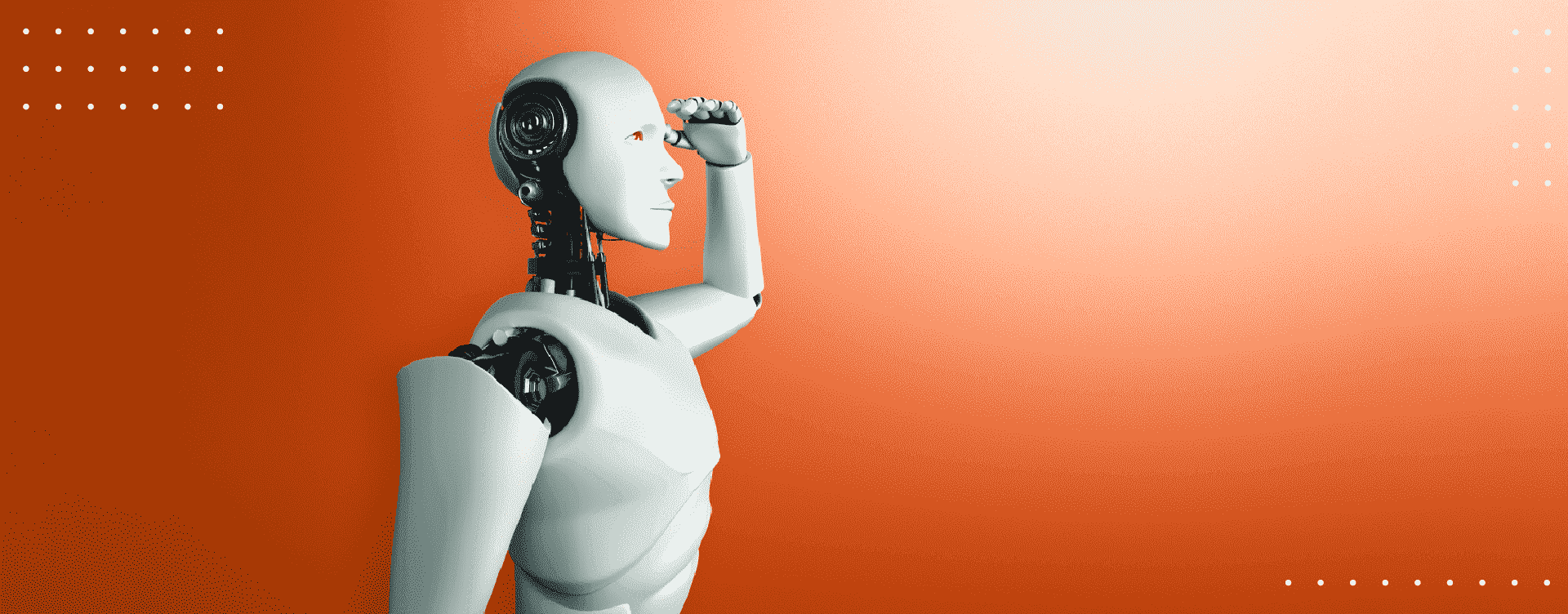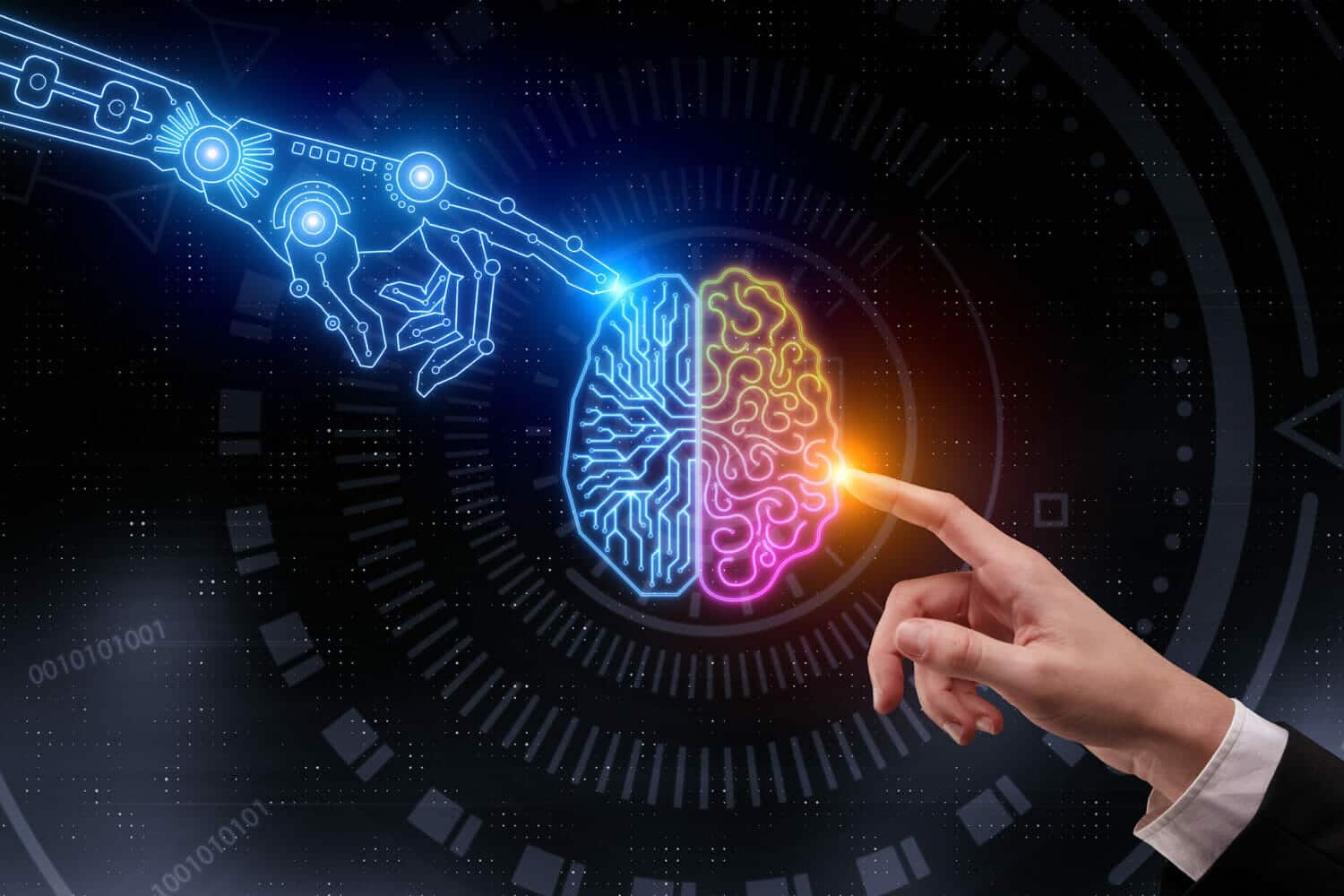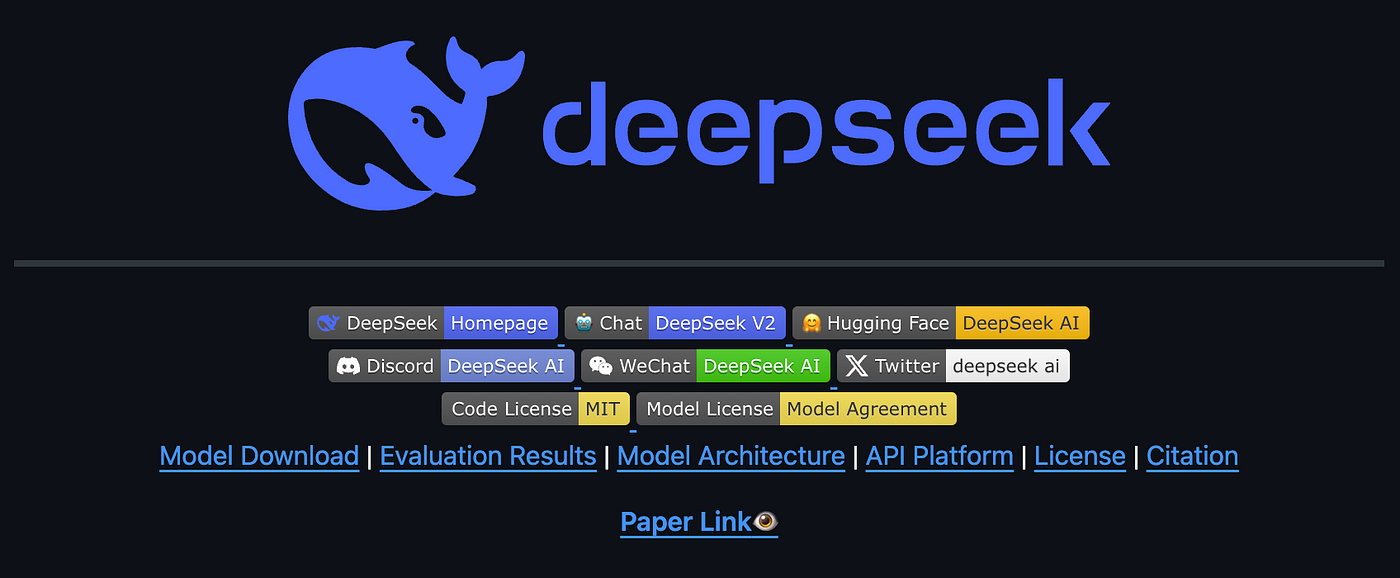
Seintheinthanwaibytmoe
FollowOverview
-
Founded Date octubre 4, 1982
-
Sectors Abogado
-
Posted Jobs 0
-
Viewed 56
Company Description
AI Simulation Gives People a Glimpse of Their Potential Future Self
In a preliminary user research study, the scientists discovered that after engaging with Future You for about half an hour, individuals reported reduced stress and anxiety and felt a more powerful sense of connection with their future selves.

“We don’t have an actual time device yet, but AI can be a kind of virtual time device. We can utilize this simulation to assist people think more about the consequences of the options they are making today,” says Pat Pataranutaporn, a current Media Lab doctoral graduate who is actively developing a program to advance human-AI interaction research at MIT, and co-lead author of a paper on Future You.

is signed up with on the paper by co-lead authors Kavin Winson, a scientist at KASIKORN Labs; and Peggy Yin, a Harvard University undergrad; as well as Auttasak Lapapirojn and Pichayoot Ouppaphan of KASIKORN Labs; and senior authors Monchai Lertsutthiwong, head of AI research study at the KASIKORN Business-Technology Group; Pattie Maes, the Germeshausen Professor of Media, Arts, and Sciences and head of the Fluid Interfaces group at MIT, and Hal Hershfield, professor of marketing, behavioral decision making, and psychology at the University of California at Los Angeles. The research will be presented at the IEEE Conference on Frontiers in Education.

A realistic simulation
Studies about conceptualizing one’s future self go back to at least the 1960s. One early approach intended at enhancing future self-continuity had people write letters to their future selves. More just recently, researchers made use of virtual reality goggles to help people visualize future variations of themselves.

But none of these methods were really interactive, restricting the effect they might have on a user.
With the advent of generative AI and big language models like ChatGPT, the scientists saw an opportunity to make a simulated future self that could discuss someone’s actual objectives and aspirations throughout a typical conversation.
“The system makes the simulation extremely realistic. Future You is far more in-depth than what an individual could come up with by simply picturing their future selves,” states Maes.
Users start by addressing a series of concerns about their current lives, things that are essential to them, and objectives for the future.
The AI system utilizes this details to produce what the researchers call “future self memories” which supply a backstory the design pulls from when connecting with the user.
For example, the chatbot might speak about the highlights of somebody’s future career or answer concerns about how the user got rid of a particular difficulty. This is possible since ChatGPT has been trained on substantial information including individuals speaking about their lives, professions, and great and bad experiences.
The user engages with the tool in 2 ways: through self-questioning, when they consider their life and objectives as they build their future selves, and memory, when they ponder whether the simulation reflects who they see themselves becoming, states Yin.
“You can envision Future You as a story search area. You have a possibility to hear how a few of your experiences, which may still be emotionally charged for you now, might be metabolized throughout time,” she says.
To help individuals visualize their future selves, the system produces an age-progressed image of the user. The chatbot is likewise designed to provide brilliant answers utilizing phrases like “when I was your age,” so the simulation feels more like an actual future variation of the person.
The ability to listen from an older version of oneself, instead of a generic AI, can have a stronger favorable influence on a user considering an uncertain future, Hershfield says.
“The interactive, vibrant components of the platform give the user an anchor point and take something that could result in anxious rumination and make it more concrete and efficient,” he includes.
But that realism might backfire if the simulation relocates a negative direction. To avoid this, they make sure Future You warns users that it shows just one potential variation of their future self, and they have the company to alter their lives. Providing alternate responses to the questionnaire yields a totally various discussion.
“This is not a prophesy, however rather a possibility,” Pataranutaporn says.

Aiding self-development
To examine Future You, they carried out a user study with 344 people. Some users communicated with the system for 10-30 minutes, while others either connected with a generic chatbot or only filled out studies.
Participants who utilized Future You were able to construct a closer relationship with their ideal future selves, based on a statistical analysis of their reactions. These users likewise reported less anxiety about the future after their interactions. In addition, Future You users stated the discussion felt sincere which their worths and beliefs appeared constant in their simulated future identities.
“This work creates a new path by taking a well-established psychological strategy to picture times to come – an avatar of the future self – with cutting edge AI. This is precisely the kind of work academics should be concentrating on as innovation to build virtual self designs merges with big language designs,” states Jeremy Bailenson, the Thomas More Storke Professor of Communication at Stanford University, who was not involved with this research.
Building off the results of this initial user research study, the scientists continue to fine-tune the ways they develop context and prime users so they have discussions that assist develop a stronger sense of future self-continuity.
“We desire to direct the user to speak about particular topics, instead of asking their future selves who the next president will be,” Pataranutaporn says.
They are likewise adding safeguards to prevent individuals from misusing the system. For example, one could imagine a company producing a “future you” of a potential consumer who attains some excellent outcome in life due to the fact that they purchased a specific item.
Moving on, the scientists wish to study specific applications of Future You, perhaps by making it possible for people to check out various careers or visualize how their everyday options could impact climate modification.

They are also gathering data from the Future You pilot to better understand how individuals use the system.
“We don’t want individuals to become depending on this tool. Rather, we hope it is a significant experience that helps them see themselves and the world differently, and helps with self-development,” Maes states.

